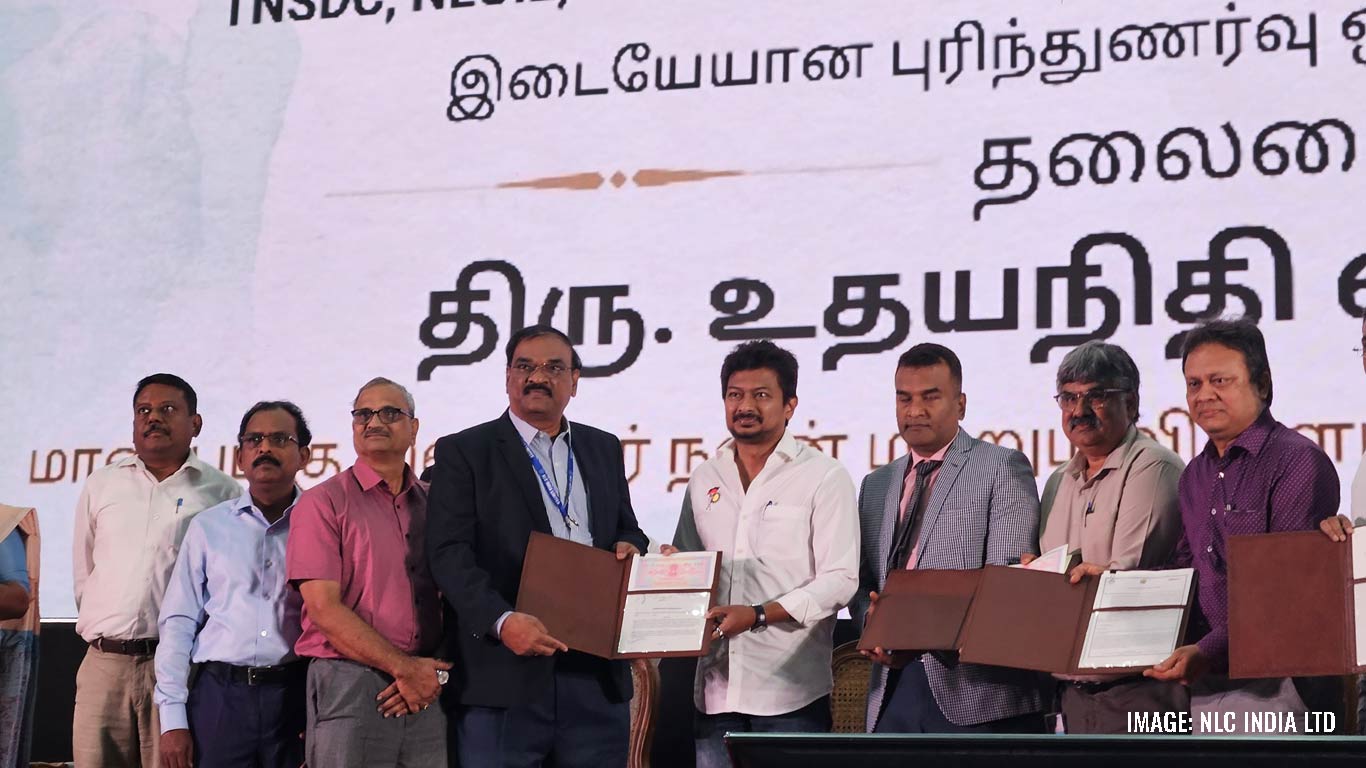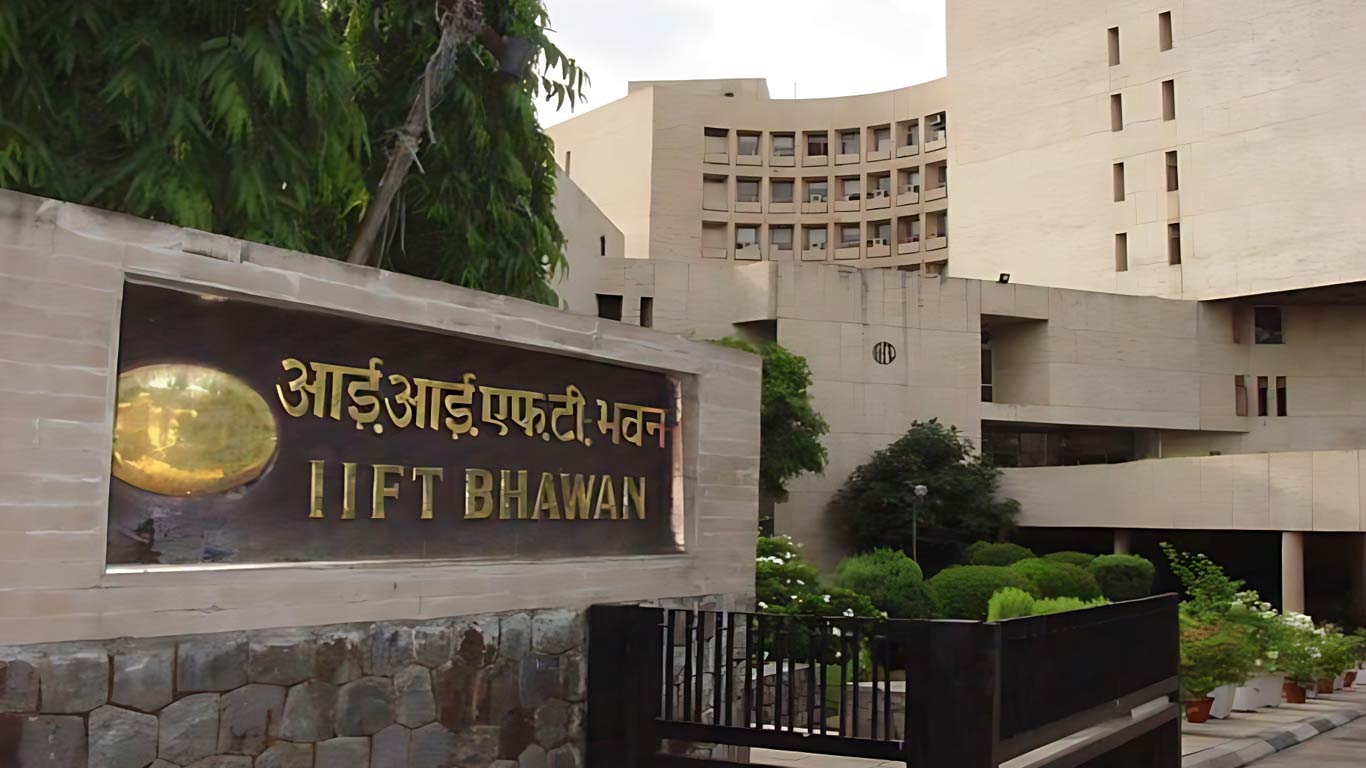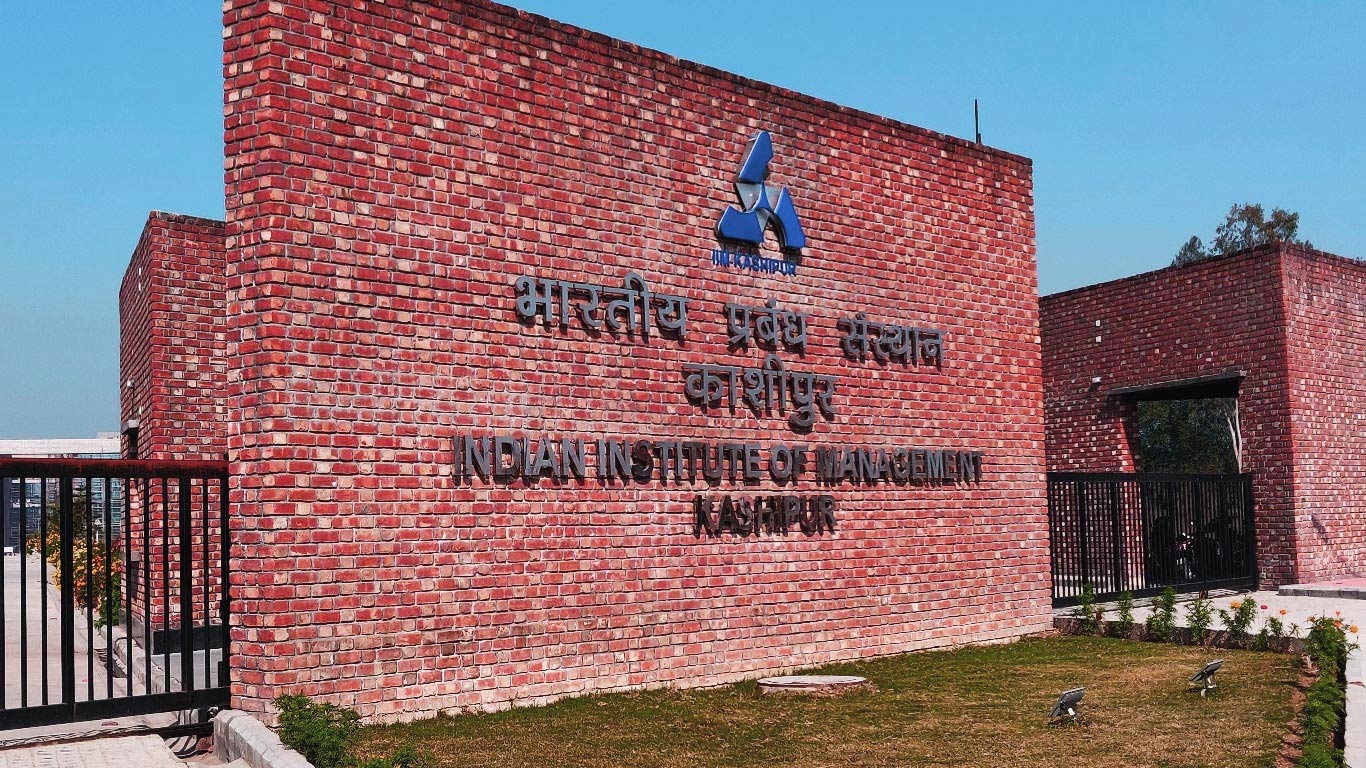IT, ITeS sector promises to unfold major cross-border ties with Central Europe economies: Report
Updated: Oct 06, 2015 12:29:42pm

India's bilateral trade relations with the Central European economies have not grown to levels expected of economic engagements between two dynamic regions. As per trade data released by the Ministry of Commerce & Industry, India's total trade with Central European region was only 5.83 per cent of India's total trade with all countries in FY2014-15.
The relatively limited size of India's external trade with Central European economies is evidenced by the fact that only three countries – Switzerland (ranked 5th), Turkey (32nd) and Sweden (48th) - figure among India's top 50 trade partners in FY2014-15.
Another 12 economies including major economies like Poland, Norway, Finland, Denmark, Czech Republic, Romania and Hungary figure in the top 100 list. However, India-Central Europe trade volumes are expected to grow at an accelerated rate in the coming years as businesses on both sides forge long-term partnerships.
This FICCI report titled 'India and Central Europe: Harnessing Business Complementarities' has tracked the emerging trends in the bilateral economic and business ties and potential areas for deep bilateral cooperation.
Deeper cooperation in the MSME sector could provide a key impetus to the bilateral trade. Accelerated bilateral trade flows will also pave the way for greater bilateral investment flows. As on date, FDI inflows from Central European countries have not grown at any significant rate although India has emerged as one of the most attractive investment destinations.
Cyprus and Switzerland are the 8th and 10th highest investing (FDI) countries in India. Cyprus accounts for a little over 3 per cent of India's total FDI inflows, while Switzerland accounts for around 1.2 per cent share.
Rest of FDI from Central Europe add up to only a small fraction of India's total FDI inflows. But with India taking firm steps to accelerate its manufacturing growth, new investment opportunities are being created in the country which would be of the essence to investors and companies in the Central European region, the report highlighted.
Mega manufacturing and investment zones have been planned across the country which would be compelling investment destinations for Central European businesses that seek to establish deep footprints in the Indian market. Alongside, Indian manufacturing companies that seek to establish or grow their global footprints now view the Central European region as an ideal investment destination, more so as the Central European economies offer a host of incentives in various fields in the form of tax exemptions, greater market access and a liberal investment regime. The incentives are principally focused on priority sectors such as R&D, infrastructure, construction, transport, Greenfield projects, communication and energy.
IT & ITeS is one key sector that promises to unfold major cross-border partnerships. The size of the strategically located Turkish IT market is forecast to increase from USD 7.9 billion in 2012 to USD 14.4 billion by 2016, making it one of the fastest growing in emerging
Europe.
A cultural and geographical position as a hub between Europe and the Middle East only accentuates the significance of the country's large market size for Indian IT vendors. The country's government is also keen to expand the information communication and technology sector to USD 160 billion by 2023 from USD 30 billion in 2011. A dedicated Talent Exchange Program for transfer of skills between India and Turkey will also be initiated as part of the overall plans.
Indian companies would do well to note that while the large companies in Turkey have planned and invested in ITeS, the SME sector could offer new business opportunities, the FICCI report mentioned.
As a case in point, Government of India's 'Digital India' initiative will also provide significant growth impetus to the domestic IT industry. In keeping with India's core strengths in the IT & ITeS space, major Indian IT & ITeS firms are scouting for business opportunities in the Central European region. A few such ventures have already gained great traction. There are indications that Eastern Europe is fast becoming a go-to location for Indian IT players both for talent and for the captives that dot the region.
Investment ties are also deepening in the pharma space. For instance, Romania is one of the foremost Central European countries to deepen partnerships with the Indian pharma industry for research and development of new drugs. Indian pharma industry on its part is cognizant of the fact that countries like Austria have established exceptional global reputation in life sciences and medical technology. The mix of global players and research institutes in Austria combined with young, dynamic start-ups and renowned universities has created the perfect backdrop for the success of the Austrian life sciences industry.
Development of clean technologies and renewable energy are also paving the way for India-Central Europe partnerships. Indian Government's policy decision to develop 100 smart cities has also opened up new cross-border investment and partnership opportunities. Pertinent to note that Denmark shares the first place with Sweden, India and Central Europe. Estonia and Slovenia who have the largest share of major cities which can be categorised as smart cities.
Around 50 per cent of the 98 municipalities in Denmark are engaged in smart city activities, and 80 per cent plans to increase their engagement in the coming years. Turkey aims to increase its wind capacity to at least 20,000 megawatts and total installed electricity capacity to 110,000 megawatts by 2023.
Sectors like agriculture & agro-processing, and SME business are also seeing increased India-Central Europe interactions and collaborations, the report said. (KNN Bureau)











